Top 10 Foods that Boost Seniors’ Immunity
in COVID - 19 NewsWritten by PARC Retirement Living
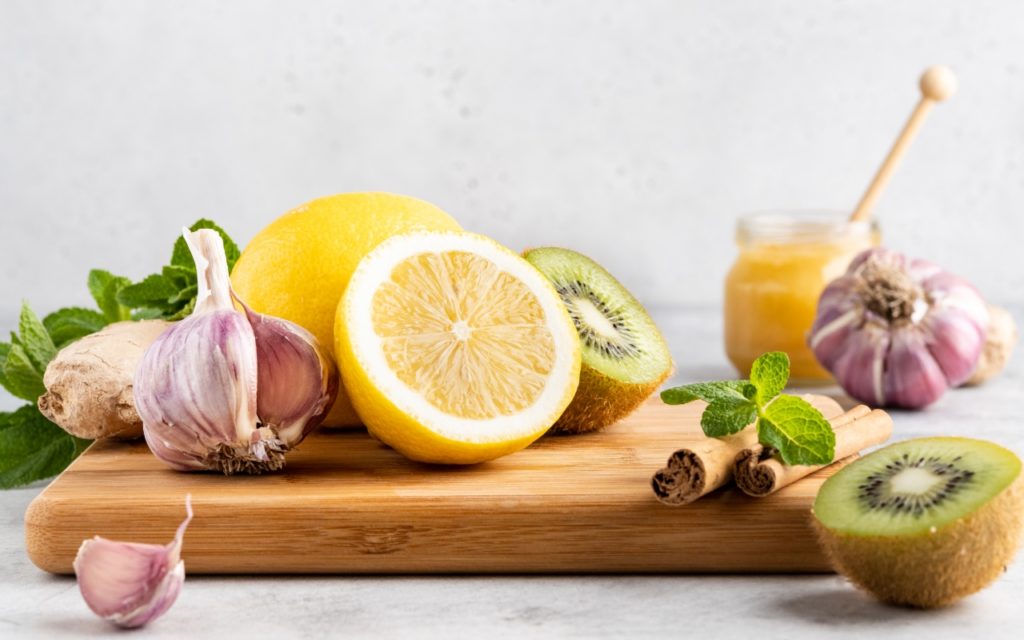
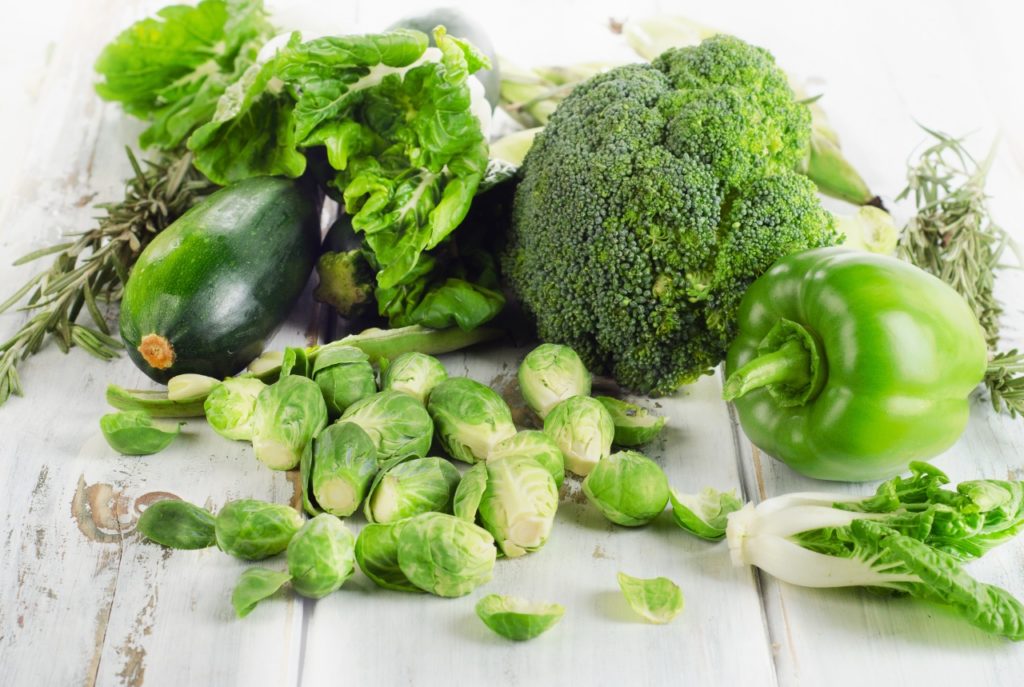
1. Leafy greens
Yes, Popeye was on to something! Dark, leafy greens such as spinach, kale, and broccoli are absolutely loaded with fibre, folate, iron, calcium, and Vitamin C, which is believed to increase the production of infection-fighting white blood cells and reduce damage from oxidative stress, which improves immunity. Green vegetables are also packed with antioxidants, which neutralize free radicals, or unstable molecules that can damage cells. One of these, beta carotene, is especially beneficial to older people since there is evidence it can strengthen aging lungs. When shopping, look for the darkest shades of green you can find: the deeper the colour, the more antioxidants there are inside.
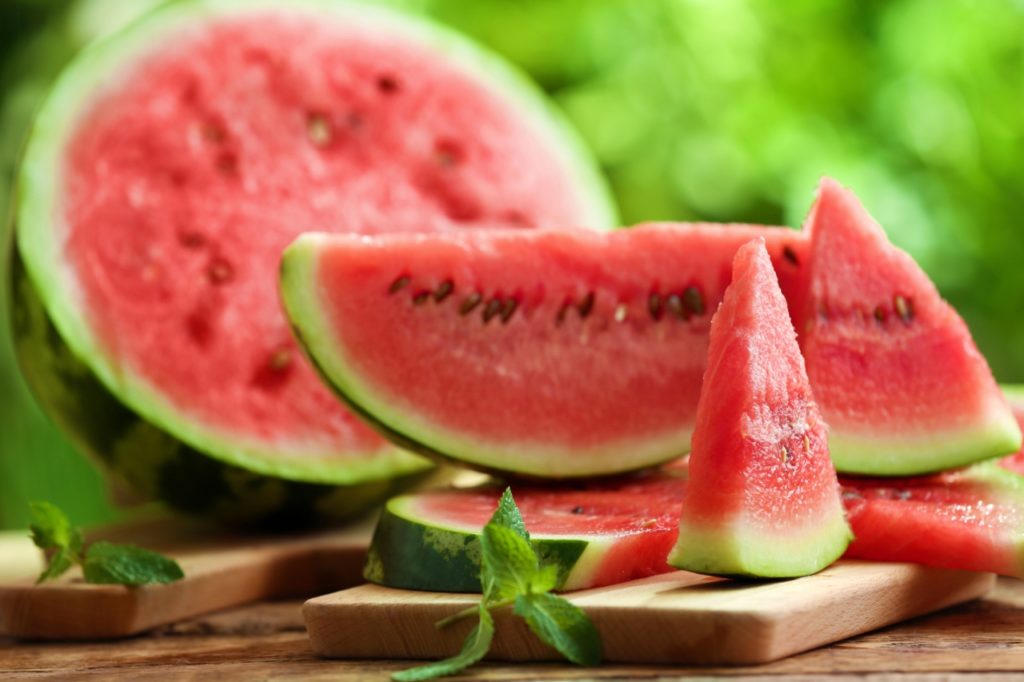
2. Watermelon
Hailed as a superfood by foodies and nutritionists alike, watermelon has one of the highest concentrations of the powerful antioxidant lycopene. Lycopene gives red and pink fruits their colour and has been linked to benefits such as improved heart health and reduced inflammation. It’s also a source of the amino acid L-citrulline, which helps improve cardiovascular function. Plus, it’s delicious, hydrating, and has many other health benefits.
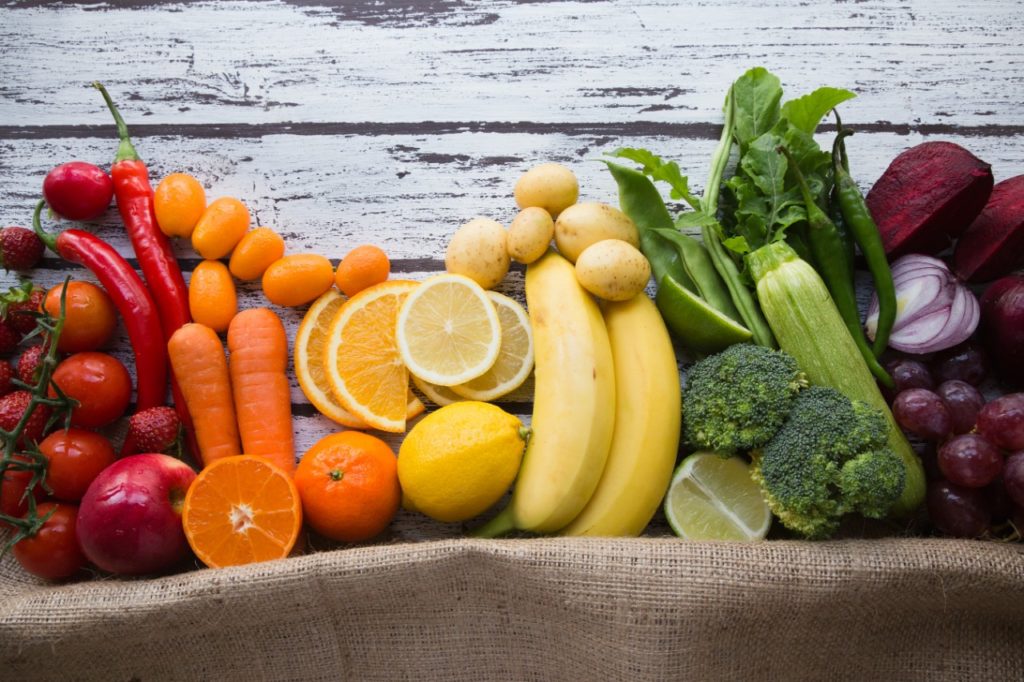
3. Other Colourful Fruits and Vegetables
Nearly all fruits and vegetables are high in vitamins, antioxidants, and other nutrients that support the immune system. Aim to eat five cups of colourful, non-starchy vegetables per day, along with a limited amount of fruit.
There are many excellent options:
- Apples contain multiple polyphenols, or micronutrients, such as quercetin, which has antioxidant and anti-inflammatory properties.
- Bell peppers are loaded with Vitamin C and beta-carotene (benefits of both described above).
- Berries such as raspberries, blueberries, and blackberries are rich in vitamins and antioxidants.
- Oranges and other citrus fruits are excellent sources of Vitamin C.
- Carrots are high in beta-carotene and Vitamin C.
- Tomatoes are high in vitamins, potassium, folic acid, and antioxidants such as lycopene (benefits described above).
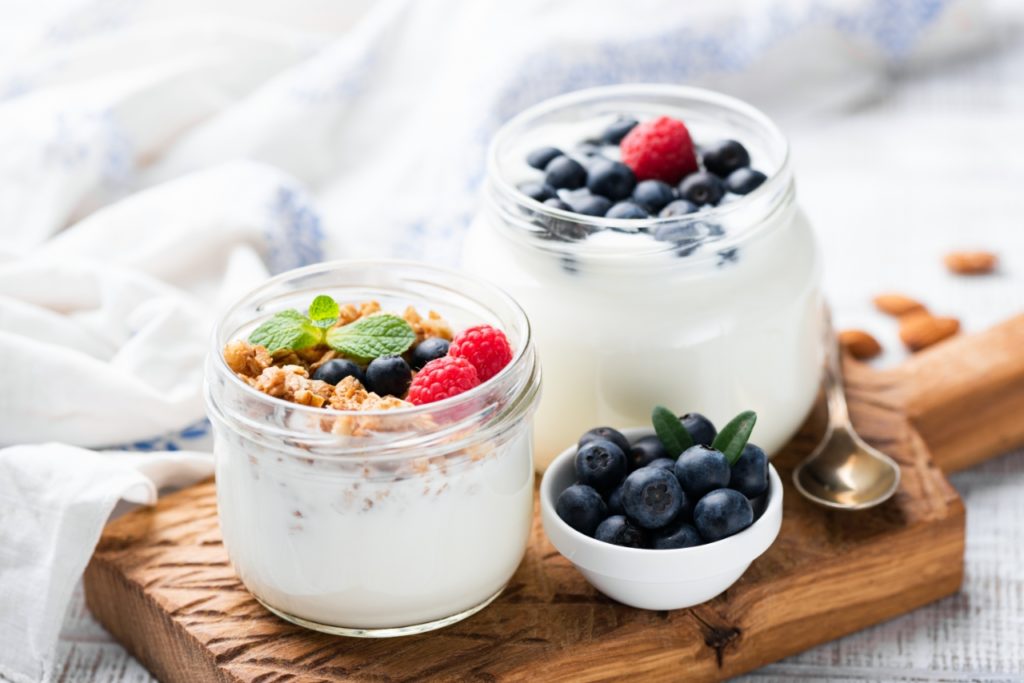
4. Yogurt
As a “probiotic” food, yogurt contains live cultures of the healthy bacteria our digestive systems need to maintain a balanced microbiome – which research suggests is key to a healthy immune system. Some studies have even shown that regular consumption of probiotic foods may reduce the risk of infection in older adults. Stick to plain, sugar-free varieties to maximize health benefits. If that isn’t to your taste, you can try other probiotic foods such as fresh sauerkraut, pickles, kimchi (Korean fermented vegetables) or kombucha, a fermented tea beverage.
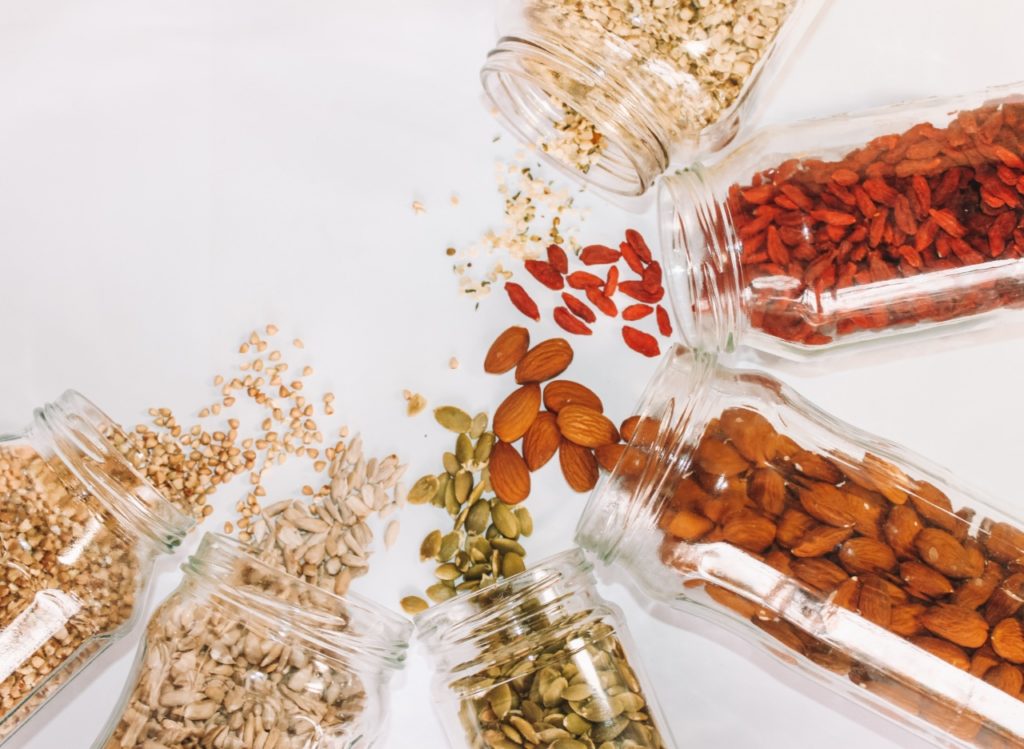
5. Nuts and Seeds
Almonds, walnuts, cashews, pistachios, sunflower seeds, pumpkin seeds, and many others are high in healthy fats, fibre, minerals, antioxidants, phytochemicals, and vitamins, especially Vitamin E. Studies have found that older adults with higher Vitamin E intakes have lower rates of respiratory infection. Nuts have also been shown to combat inflammation, assisting with healing. Walnuts are especially good for aging adults. It’s no coincidence they look like tiny brains, because they aid in cognitive and memory function.
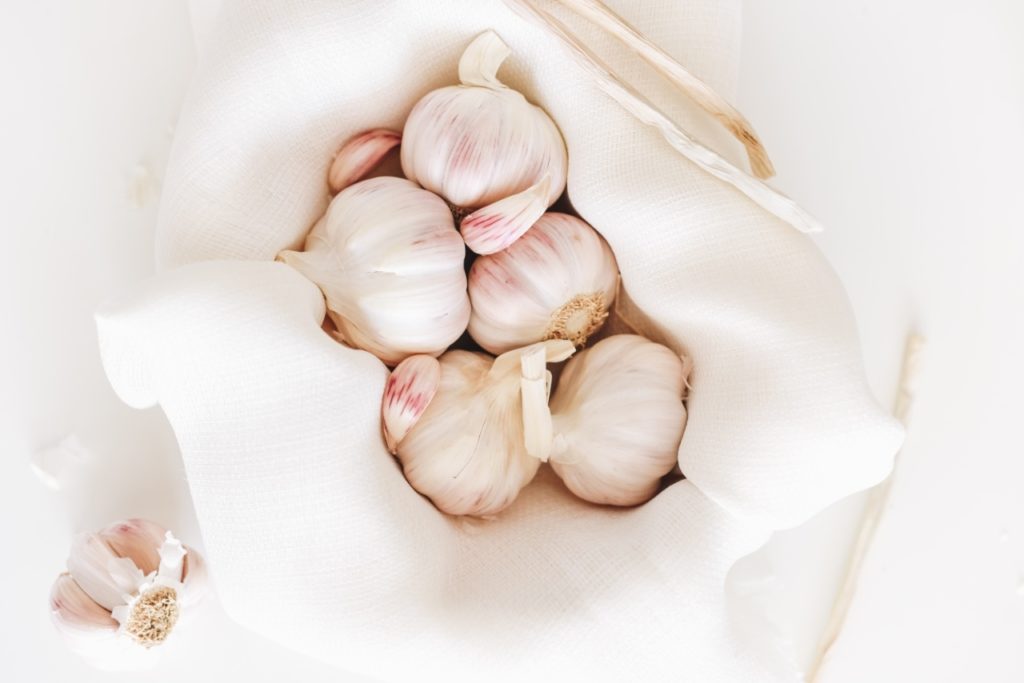
6. Garlic
This pungent-smelling bulb is delicious in all kinds of savoury dishes, and it has been used for centuries as a medicine. Modern science backs up the health benefits, which include antibiotic, anti-fungal, and antiviral qualities. Eating garlic has also been shown to improve circulation and increase the quantity of antiviral T-cells in the bloodstream, as well as reduce the severity of cold and flu symptoms.
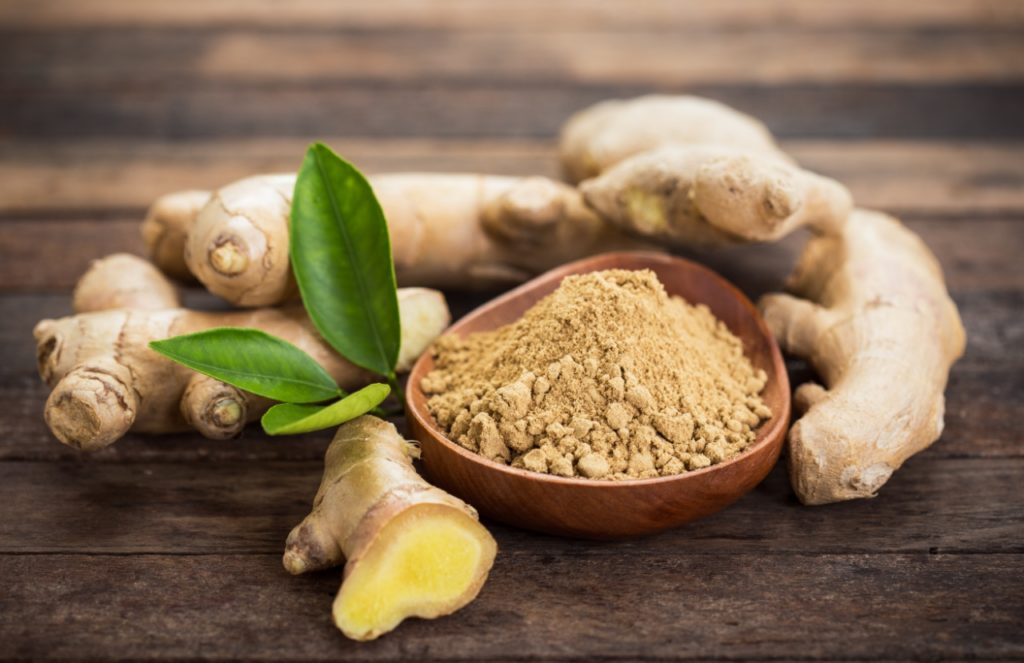
7. Ginger
This fragrant root is a powerful anti-inflammatory, antibacterial, and antioxidants – all of which help boost older adults’ immune systems. During illness, ginger can also soothe stomach aches and prevent nausea. Recent studies show it may even be effective in combatting respiratory infections, among a host of other benefits.
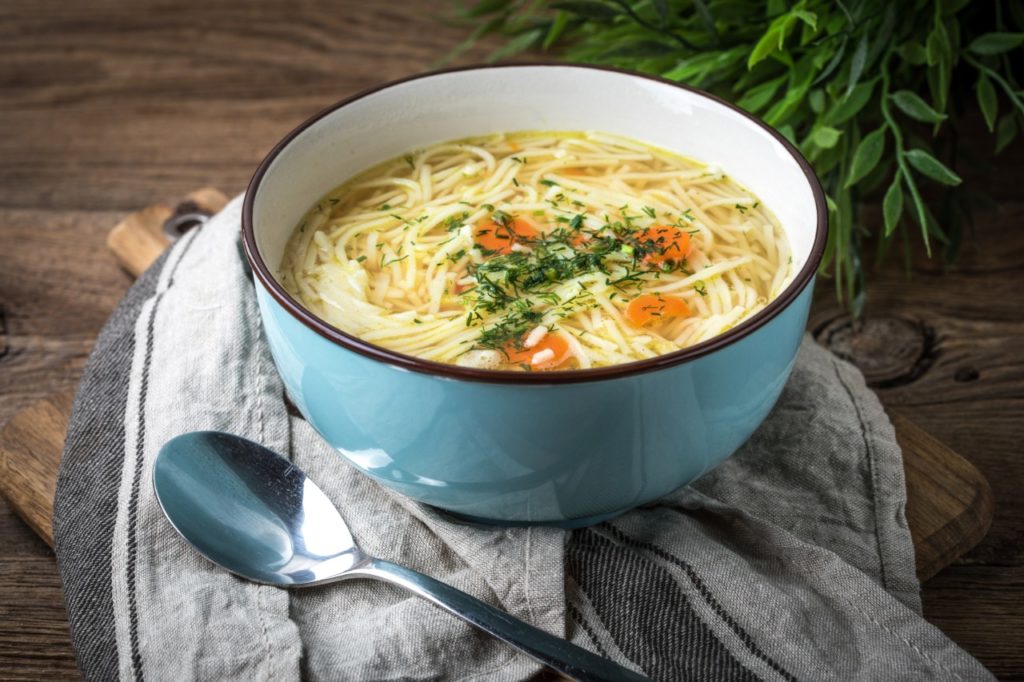
8. Lean chicken and poultry
Chicken soup isn’t just for the soul! There’s science behind why we’ve been serving it to sick family members for generations. Poultry is high in Vitamin B-6, a nutrient that supports the formation of healthy red blood cells, which help transport oxygen in the body. As a source of lean protein, it also delivers amino acids that combat infection. For a healthier and tastier soup, choose organic poultry.
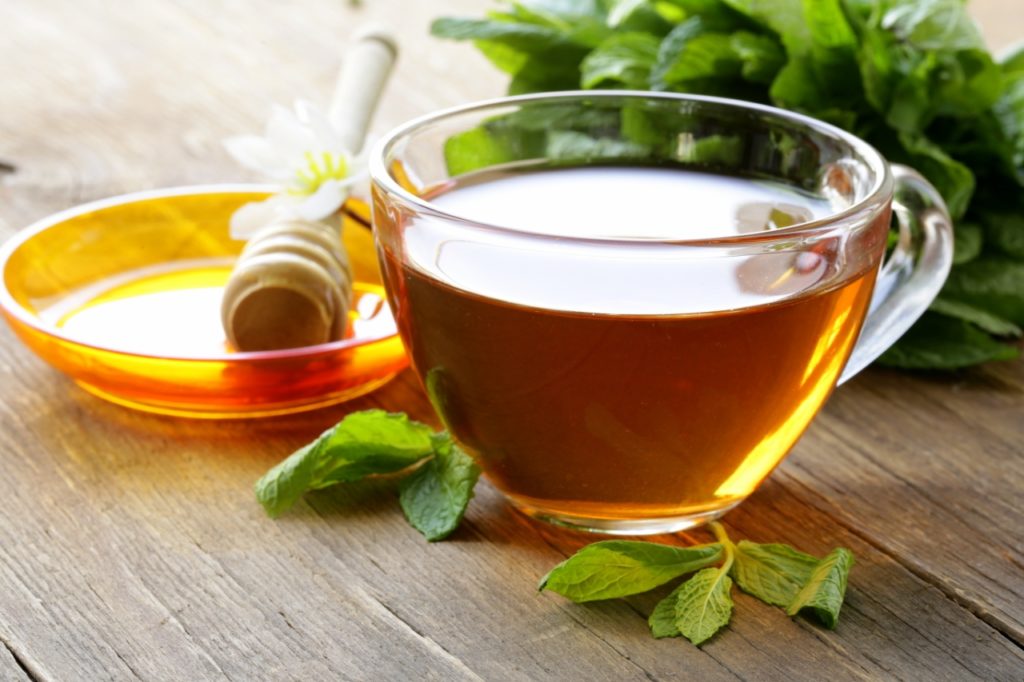
9. Tea
It may be a beverage and not a food, but even a single cup of tea delivers a dose of powerful, immune-supporting antioxidants and polyphenols – plus flavonoids that can improve cardiovascular health and reduce hypertension, a condition linked to reduced immunity. A 2019 study also found that the amino acid L-theanine, present in many teas, may give the body’s infection-fighting T-cells a boost.
Look for low-caffeine green teas and caffeine-free options such as rooibos, to get all the benefits without the dehydrating qualities of black tea.

10. Water
OK, water isn’t a food, either! But it’s vital to nearly every bodily function and aspect of our health, including the ability to fight illness. Within the body’s systems, water serves as a transport agent, a coolant, a lubricant, and a solvent. Older adults should pay particular attention to water intake, since they often become dehydrated without realizing it, running the risk of negative impacts, such as daytime fatigue. Drinking around eight glasses a day is vital for seniors.
Further Reading:
Here are 5 more immune boosting foods to improve seniors’ overall health. At PARC, we take pride in the nutritious food we prepare and serve to our residents. Want to learn more? Contact us, today!

